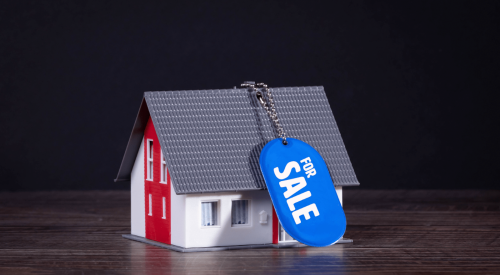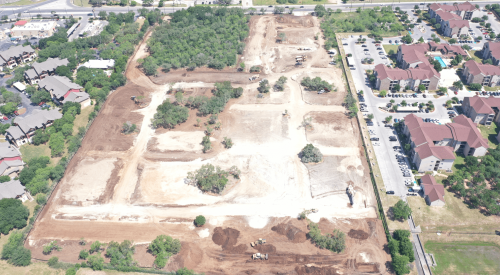Buying a home is a huge decision and can stir up some pretty big emotions to go along with it. A home is a place to raise a family, relax at the end of the day, and give a respite from the outside world. Because buying a home can be such an emotional experience, it is very easy to focus on one aspect and forget about other aspects of equal importance. When this happens, as The Wall Street Journal reports, it can lead to some poor financial decisions with lasting effects.
Often times, people have a long list of features and amenities they desire in a house: a short commute, an open floor plan, a chef’s kitchen, and a big backyard. If they find a house with a beautiful chef’s kitchen that looks like it was cut with an exacto knife directly from their dreams, it may act as a distraction and cover up the fact that the home doesn’t really have any of the other desired features on the list. The house may be far from work, not have enough bedrooms, or lack the curb appeal the buyers also desired, but they just can’t stop looking at that kitchen. It isn’t until after they purchase the home and have been living in it for a little while that the shortcomings become apparent.
Selling a home isn’t free of emotional baggage, either, especially if a person has lived in their house for a long time. A seller who has lived in their home for 15 years may have an overly optimistic view of their home and its value. There is a certain amount of nostalgia and sentimentality involved that clouds their view. The issue is, buyers aren’t going to be willing to pay for someone else’s sentimental feelings. If a seller isn’t willing to lower the asking price to a more reasonable level, finding a buyer may be difficult.












